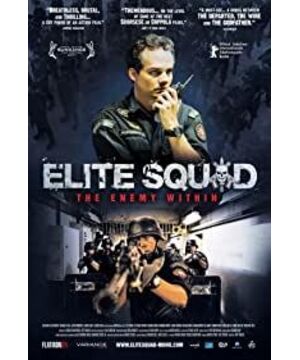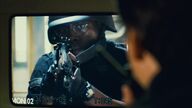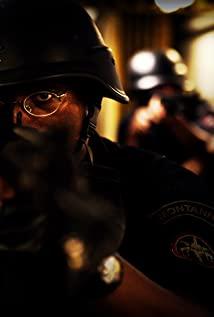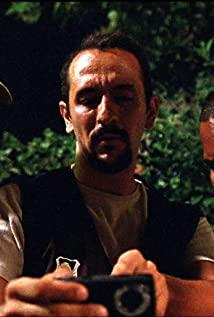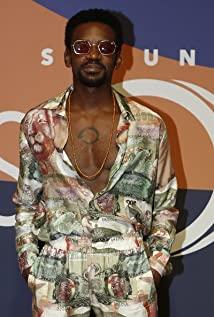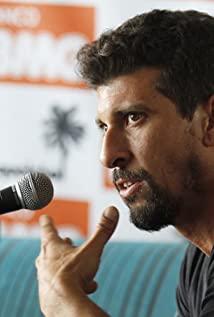Obviously, in the second part, in the face of the corrupt and beast-like system, the film introduces a new point of view - that is, the introduction of the role of Faraga, who is a human rightsist who advocates negotiation and legal procedures to solve the problem. Solve the problem, or in a "civilized, gentle" way.
This is the opposite of Nacimonto, who uses violence to control violence.
But strictly speaking, Nacimonto is not purely violent. He also talks about tactics and strategies, and is also good at tactics and strategies. This can be clearly seen in the first step. It is said that violence is only a means, not an end.
It is precisely because of his integrity and integrity that he is brave and resourceful, which makes him a very attractive heroic character. The use of violence to control violence has gained him more than ordinary legitimacy.
Yes, I was thrilled when he found the minister to show his anger after his son was shot: "If my family gets hurt again, I'll go to war!" However this is a problem.
People are emotional animals, and even the most powerful people may have weaknesses - but they are hidden very deeply. When the soft underbelly of these characters is violated, can they still adhere to the principle of "violence is only a means, not an end?" - I mean, some war madmen (who almost became like this during his time), opportunists will not Take advantage of the weaknesses of these characters.
Also, the dragon knight and the dragon are two extremes in different directions, but the transition between the two is sometimes just a matter of thought - there is too much historical evidence for this.
So when we look at the character of Nacimonto, this is something we should consider.
So, what about the Faraga way? I think although the movie introduces this character, I think the movie's affirmation of Narcimonto is roughly unchanged, because in the movie-
If it wasn't for Nacimonto's protection, Faraga would have been assassinated; without Nacimonto's "illegal evidence", the prosecution would not necessarily have succeeded; and at the end of the film, the governor toasted his re-election success, facing Guarasi After being elected as the chairman of the committee, he shouted: "I was elected through a democratic and legal process... The legitimacy of me and my colleagues cannot be questioned... Whether you like it or not, I am the chairman of the committee!", Faraga Only "strong" protests and condemnations.
I find it hilarious that you want to achieve a reasonable outcome on an unreasonable basis when the given reality and the framework are unreasonable. So you can only transform this unreasonable foundation. When the resistance of this unreasonable basis is strong and not "civilized", then obviously, or I think, it is reasonable to use force against force.
However, the significance of Faraga's style is that he can form certain constraints or reminders on the Nacimonto style - as we mentioned above about the Nacimonto style. And the Nacimonto style, for me, is the foundation of the Faraga style.
In fact, in reality, everyone expects the leadership team to be like this. But this raises another crucial question, who should be in charge?
View more about Elite Squad 2: The Enemy Within reviews


